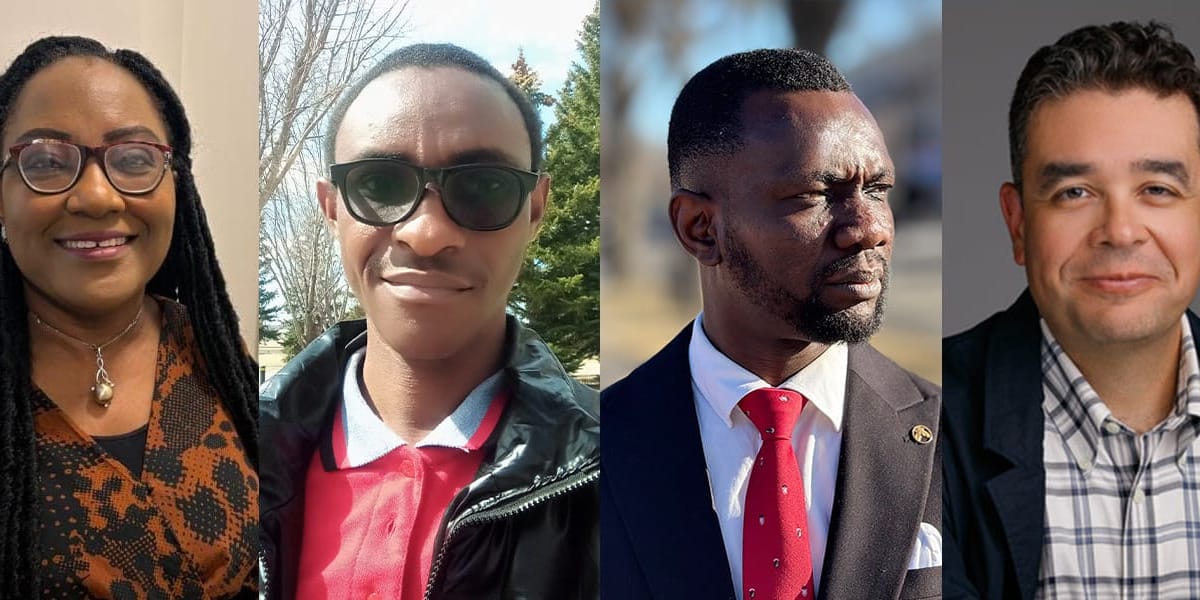Four University of Lethbridge scholars have received $35,000 from the Digital Research Alliance (DRI) of Canada for projects advancing equity, diversity, inclusion and accessibility (EDIA) in digital research infrastructure. The funding, announced earlier this year, is part of $2.87 million awarded to EDIA Champions across the country.

“To have four scholars from ULethbridge receive these grants is an indication of the excellence in research, and it is worth celebrating,” says Martha Mathurin-Moe, vice-provost of Accessibility, Belonging and Community. “Investing in this type of research is crucial for creating an inclusive, innovative and diverse research ecosystem where students are able to connect deeply, learn from multiple perspectives and address critical research problems. These research projects will continue to strengthen and broaden the research landscape, but also create meaningful opportunities for all our diverse students to contribute their unique perspectives and talents.”
“Digital research infrastructure is transforming the way we conduct and share scholarly work,” says Dr. Dena McMartin, vice-president of research. “By leveraging digital tools and resources, these researchers can overcome traditional barriers, collaborate more effectively and drive innovation across disciplines. Not only did we see strong interest in this inaugural call for proposals, our success rate reinforces the quality of our research environment.”
Toyin Aladejebi, a PhD student in Population Studies in Health, focused her project on empowering graduate women researchers to build networks that enable them to find and share data and collaborate with other researchers in Canada and around the world.
Chiedozie Alumona is a PhD candidate in the Faculty of Health Sciences studying under Dr. Olu Awosoga. Alumona’s project aims to train racialized scholars in the Faculty of Health Science in using digital research infrastructure.
Frank Onuh, a PhD student, conducts research at the intersection of information disorder, decoloniality and artificial intelligence (AI). His doctoral research centres on decolonizing information verification practices in Africa to leverage the insights and findings to develop appropriate intelligent systems for automated fact checking that capture and represent the African experience.
Dr. Nathan Woods, a postdoctoral fellow in the Humanities Innovation Lab, conducted a needs assessment study that looks at barriers and opportunities for humanities researchers to work with the Canadian digital research infrastructure.
